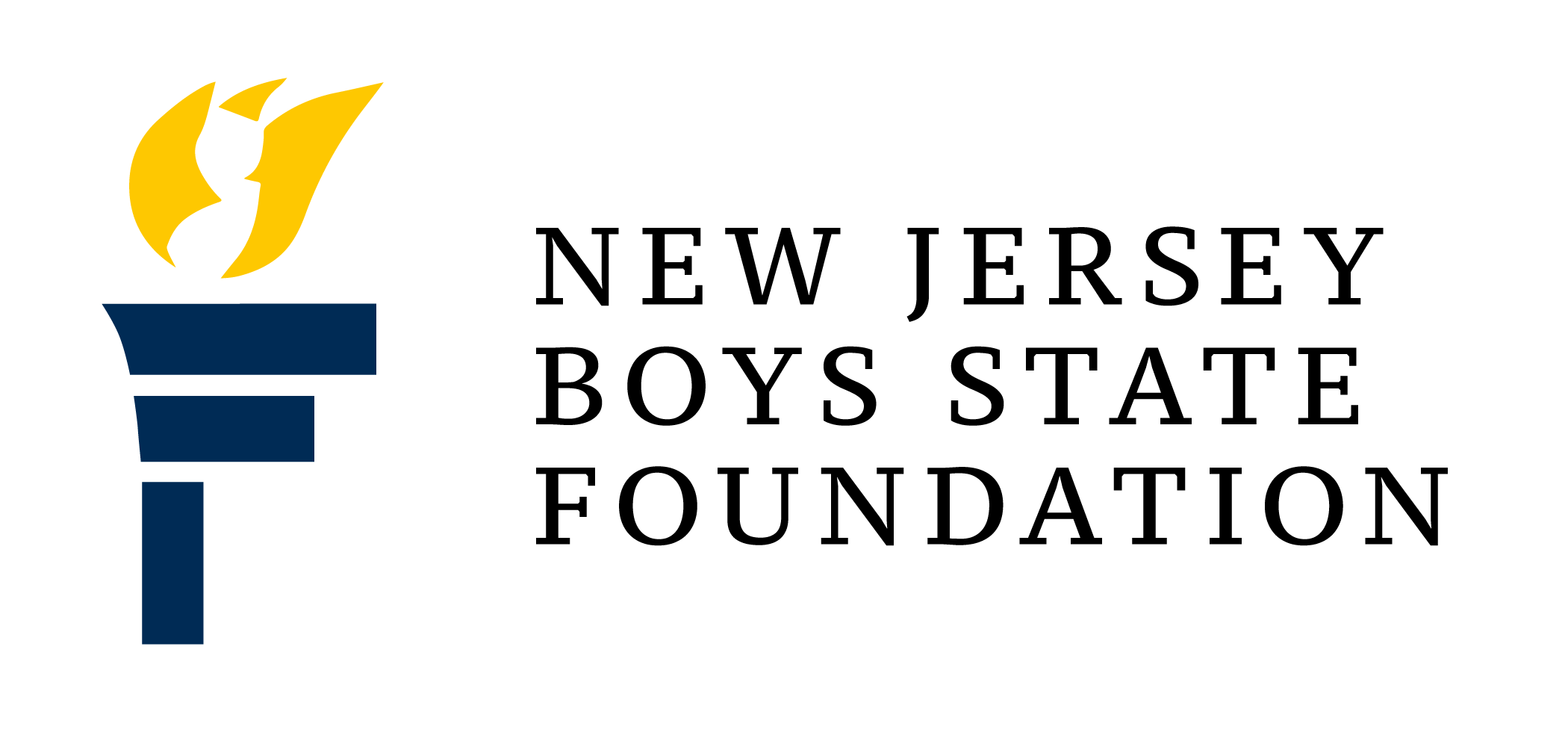News Archive

Last year, I got a little disgruntled over a couple words. I’ve always referred to my writings for this site as articles. To others, these are blog posts. That choice of words annoyed me more than it probably should have.
I know, I’m a writer. I’m supposed to be obsessed with language and grammar in search of some mythical perfect sentence. But wording, to me, isn’t often a big deal. I’ll fight for specific words on occasion but, most of the time, I’m not going to go crazy if someone wants to change a word or two.
This wasn’t changing words, though. It was changing the category.
It’s 2014, and the distinction between Real Professional Journalism™ and blogging is practically nonexistent. Wordpress, the popular blogging platform, powers much of the web and is the eighth-highest trafficked site in the world. Plenty of journalists behave like angry guys living in a parent’s basement while plant of bloggers behave like intelligent, trained writers. Again, it’s 2014. The distinction is murky at best. So why make it?
I think one of the primary indicators that people use to make the blog post-or-article distinction is the voice of a writing. If it’s a personal perspective, written in first-person singular, it’s a blog post. If it is “neutral,” third-person, it’s an article. I write for this site largely in first-person singular, so to them, I’m the ALJBS blogger.
There are only two reasons i care about this. First, I don’t want people equating my writing with the official ALJBS perspective. I write for Boys State and try to maintain the tone and content that’s important to the program but the words and perspectives aren’t completely theirs. I’m not ALJBS and I never will be.
The leadership of this program has been ok with my first-person singular writings so far and I’m extremely grateful for this. Even if they don’t understand what they’ve done, I do and I’m going to keep writing in this voice.
If done well, first-person singular is the most powerful writing voice on the planet. No other voice carries the same weight of honesty, passion, and directness. Think of the most succinct sentences. I love you. I hate cauliflower. I want friendship. I plus verb plus object, first-person singular pronoun at the forefront.
First-person singular is a personal voice, which means that it’s not capital-O Objective. But what is? There is no such thing as a neutral observer. Everyone approaches life from their own perspective. All our stories are biased. All are warped by emotions, sometimes dramatically. None of them are entirely accurate. But all are useful, because they help us see more of the world and challenge us to examine our own thinking.
Our stories are our own but they live to be shared with those we know. An individual story is always powerful because it is unique yet familiar. No matter what the difference of perspective, there is almost always something relatable for each of us. The best stories reach into parts we feel keenly and speak to us there. These are the stories we love to hear and struggle to tell.
They have been witnessed through our eyes and they can only be told through our voice.
If you’re unused to doing this, writing first-person singular is completely terrifying. This is part of what makes college application essays so challenging. It is easy to observe at arm’s length. But to feel what you see and communicate that requires you to be vulnerable. It requires you to set aside image and propriety and become open. Instead of controlling the situation, you open the possibilities of being hurt and damaged.
In Tarsen Singh’s 2006 film, The Fall, a bedridden character who’s been telling an elaborate story to a small child for much of the film eventually becomes angrily depressed and starts trying to kill off characters. The child tearfully pleads with him to stop.
“It’s my story,” he says. “It’s my story too,” the child replies.
When we share our stories, part of them ceases to be our own. They become parts of those who have heard them. Sometimes, a story we tell affects someone more than it affects us.
And when you share a story as part of a group, it becomes part of the group’s shared history, fitting alongside all the stories from other group members.
Each city at Boys State is made up of sixty stories. Those stories converge into one collective story, which simultaneously affects the sixty individual stories.
Those individual stories are harder for me to write about because they’re personal. I don’t know what happens in the mind of delegates whose futures are being shaped by their time here. I start to see them transition to adulthood, and I know that a large part of that maturing process is understanding your place in the social circles you enter and in society as a whole. But I don’t know their stories like I know my own.
At some point, someone else will get the keys to this section of ALJBS.org and start writing. They will have a different perspective than mine and will write in a different voice and tone. It will be fine. They’ll be writing things I have not seen or considered and I look forward to reading those things and being challenged by them.
I don’t think I was as interested in hearing others’ stories when I was a delegate. I wanted to assume responsibility and lead. Those plans went absolutely nowhere and I ended up writing our city’s entire manual instead. (Current and future delegates, do not try this; you need to sleep sometime.) I enjoyed my city, which was one of the rowdiest bunch of goofballs I’ve ever seen at Boys State, but my story was not one of success and triumph. It was one of finding your place within a society and doing what was given.
Countless other delegates have similarly poured their hearts and souls into campaign speeches, city manuals, sports, and any other parts of ALJBS only to receive a disproportionately small reward. These are the stories of Boys State we don’t often tell but they are no less real. They are also worth remembering, not least because they are part of our history.
E pluribus unum is based on the tenth fragment of the Greek philosopher Heraclitus, which reads, “The one is made up of all things, and all things issue from the one.” So it is with stories. So it is with our story.


